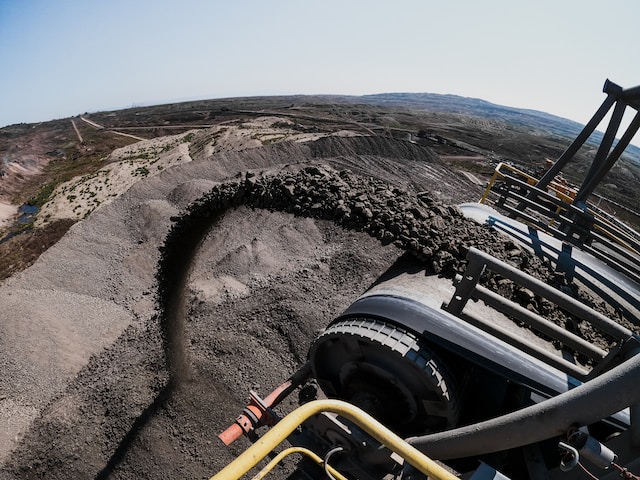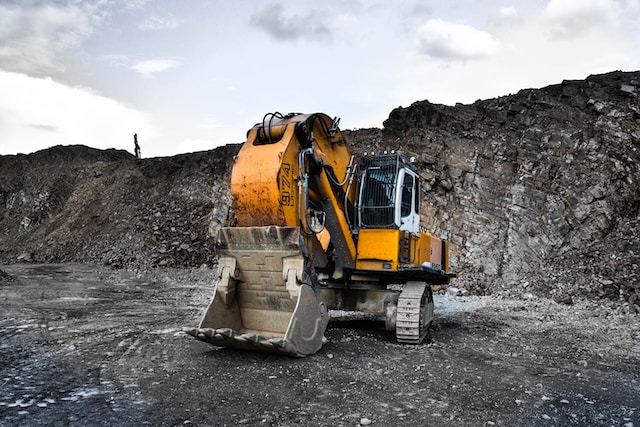Coal mining, a cornerstone of the industrial revolution, has left an indelible mark on human history. Its legacy is one of progress, economic growth, and energy generation. Yet, as we stand at the crossroads of a changing energy landscape, it’s essential to understand the past and look toward the future of coal mining.
The Historical Significance:
Coal has been mined for centuries, with records dating back to ancient China. However, it was during the 18th and 19th centuries that coal mining witnessed an industrial revolution of its own. Coal-powered steam engines fueled factories, locomotives, and ships, propelling the world into a new era of manufacturing and transportation. It powered the rise of industries, transformed societies, and fueled economic growth.
Modernization and Innovation:
Fast forward to the present day, and coal mining has seen significant advancements. Modern mining operations are characterized by cutting-edge technology, safety measures, and environmental regulations. Underground and open-pit mining techniques have evolved to maximize efficiency while minimizing environmental impact.
Coal as an Energy Source:
Coal remains a critical source of energy worldwide. It continues to power industries, generate electricity, and provide heat for homes and businesses. Its affordability and reliability make it a mainstay in many energy portfolios, particularly in regions with abundant coal reserves.
Challenges and Environmental Concerns:
While coal mining has a storied legacy, it is not without its challenges. Environmental concerns, including air and water pollution and greenhouse gas emissions, have put the industry under scrutiny. Balancing the economic benefits of coal with its environmental impacts is a critical challenge facing the industry.
The Transition to Clean Coal Technologies:
To address these challenges, the coal mining industry is embracing clean coal technologies. These innovations include advanced combustion techniques, carbon capture and storage (CCS), and more efficient coal-fired power plants. These technologies aim to reduce emissions and enhance the sustainability of coal as an energy source.
Looking Forward:
As the world strives to address climate change and shift toward cleaner energy sources, the future of coal mining is at a pivotal juncture. The industry faces the challenge of adapting to meet evolving energy needs while minimizing its environmental footprint. This includes exploring the potential for carbon capture and utilization (CCU) and diversifying coal’s applications beyond energy generation.
Conclusion:
The legacy of coal mining is a testament to human ingenuity and progress. It has driven economic growth, shaped industries, and powered societies. However, the industry must evolve to meet the demands of a changing world. The future of coal mining lies in innovation, sustainability, and responsible practices that balance the economic benefits with environmental responsibility.
As we move forward, the coal mining industry has the opportunity to continue contributing to global energy security while addressing environmental concerns. It is a challenge worth undertaking, as we strive for a balanced and sustainable energy future.





